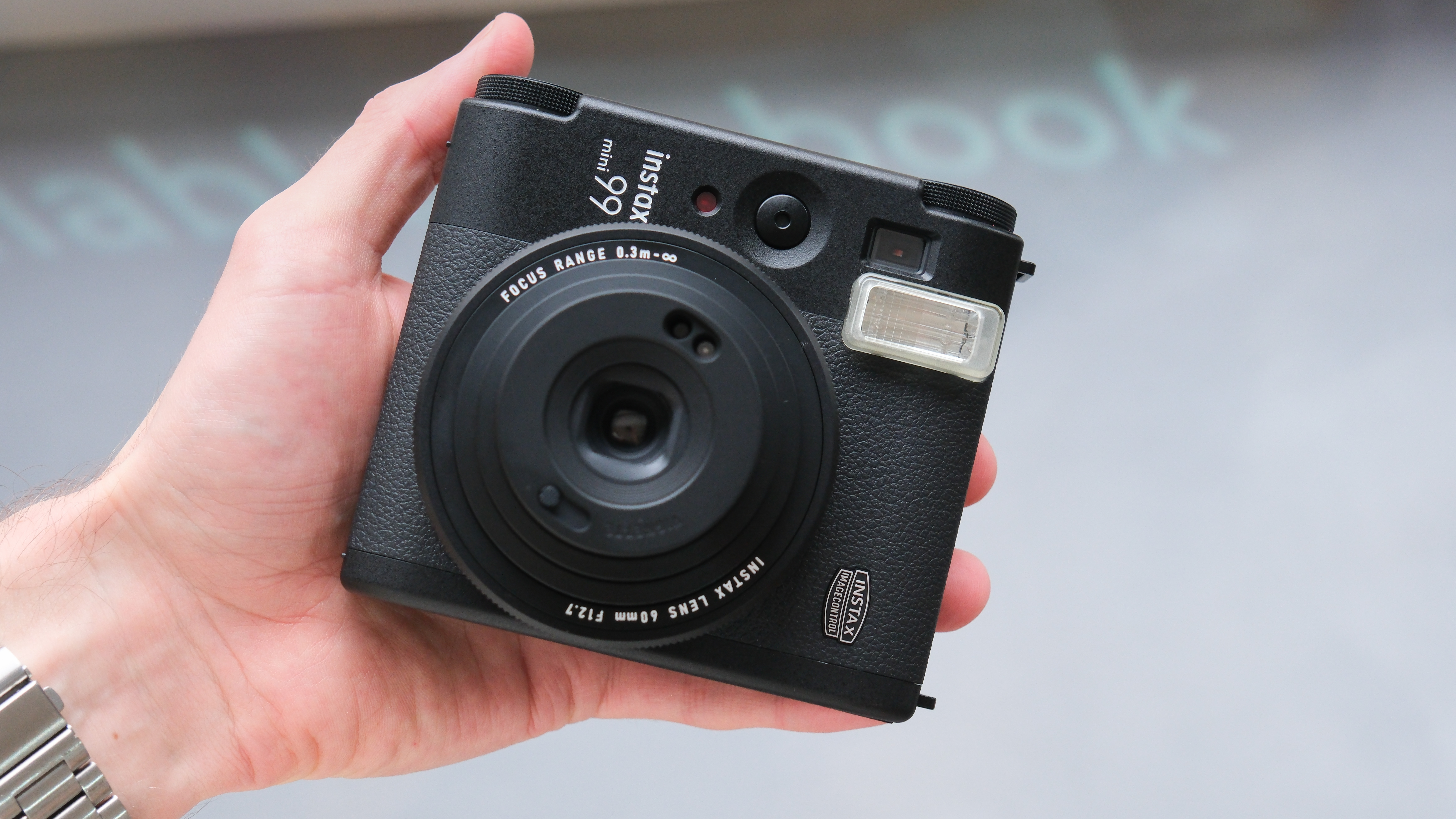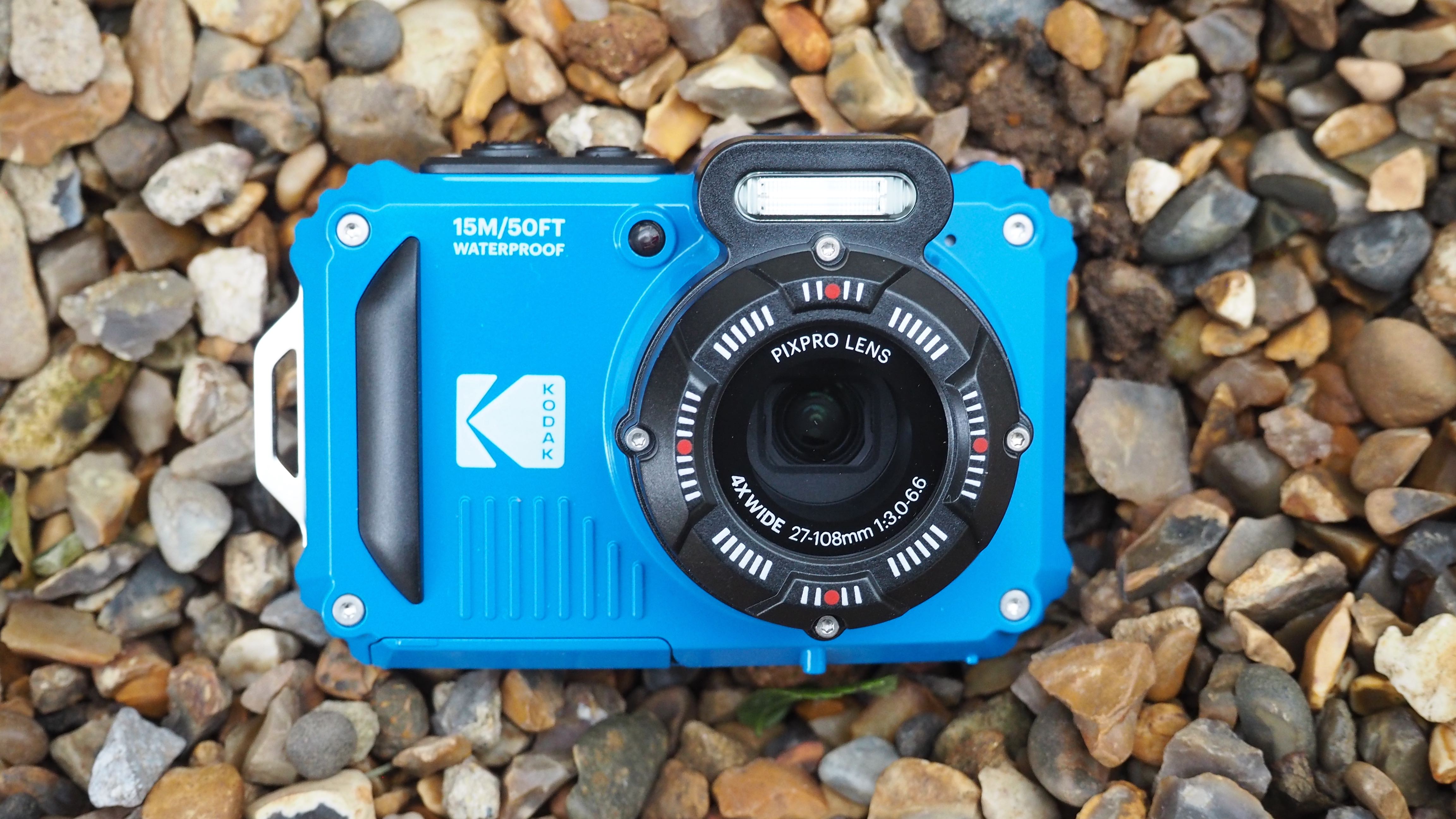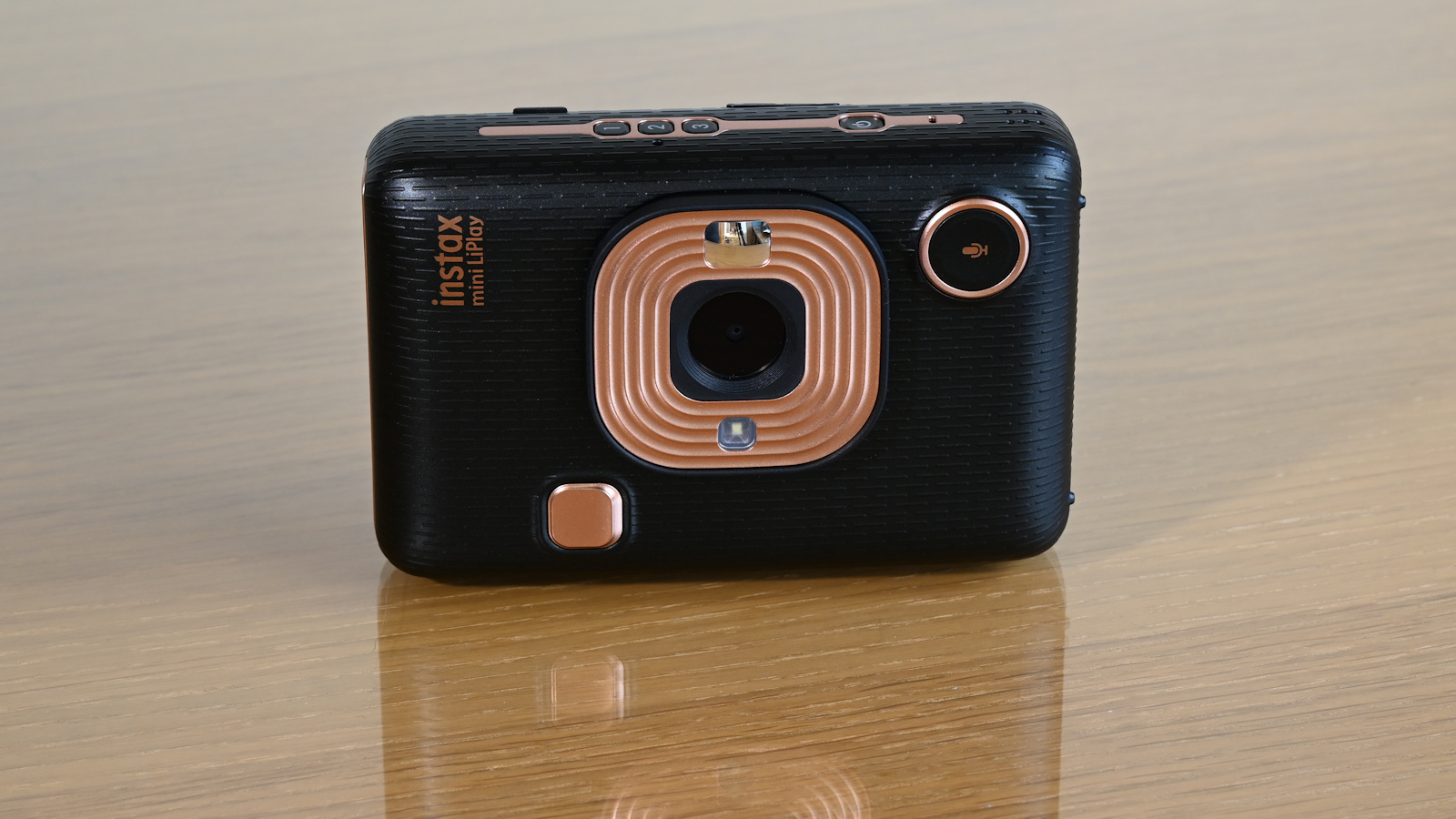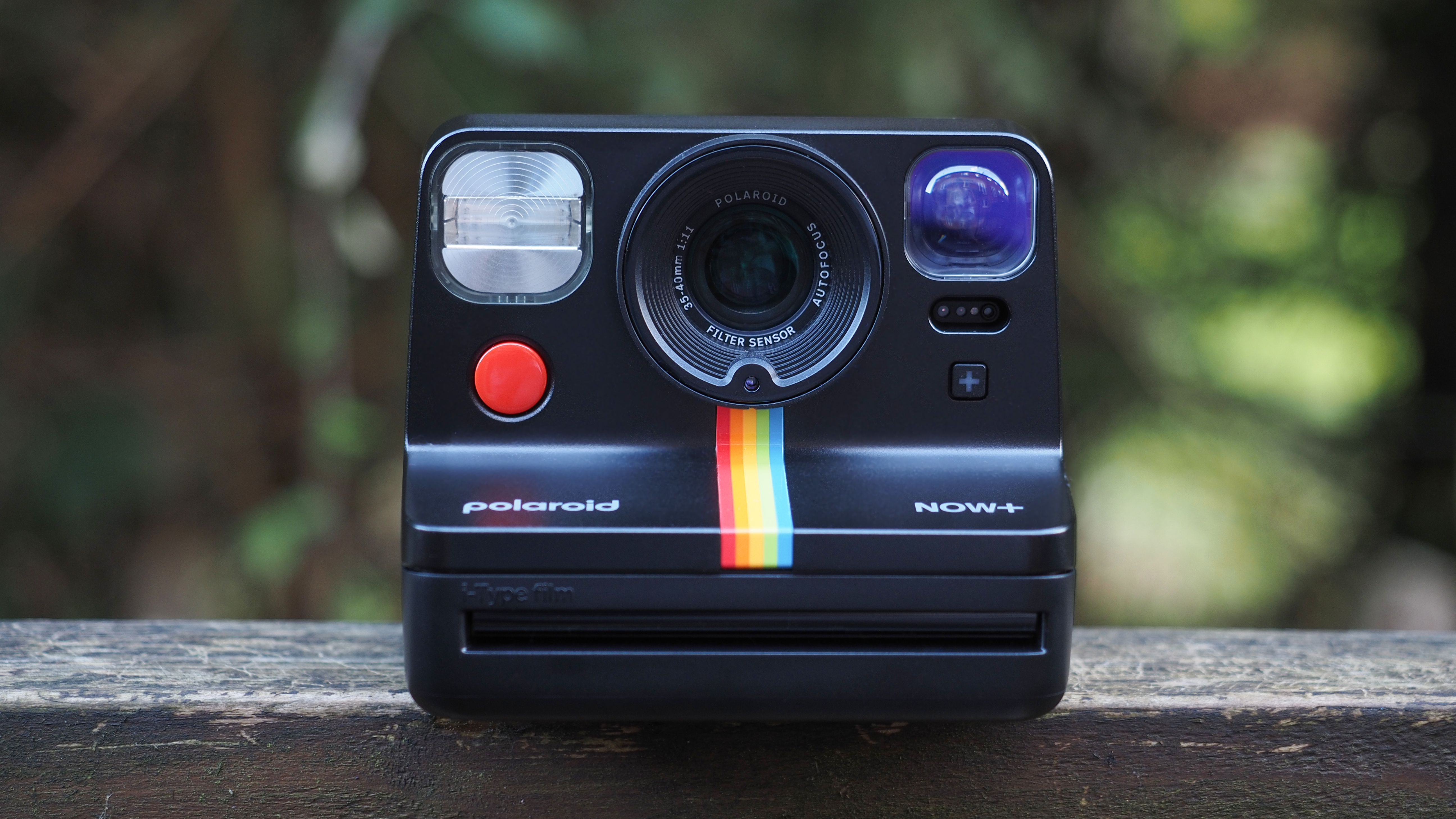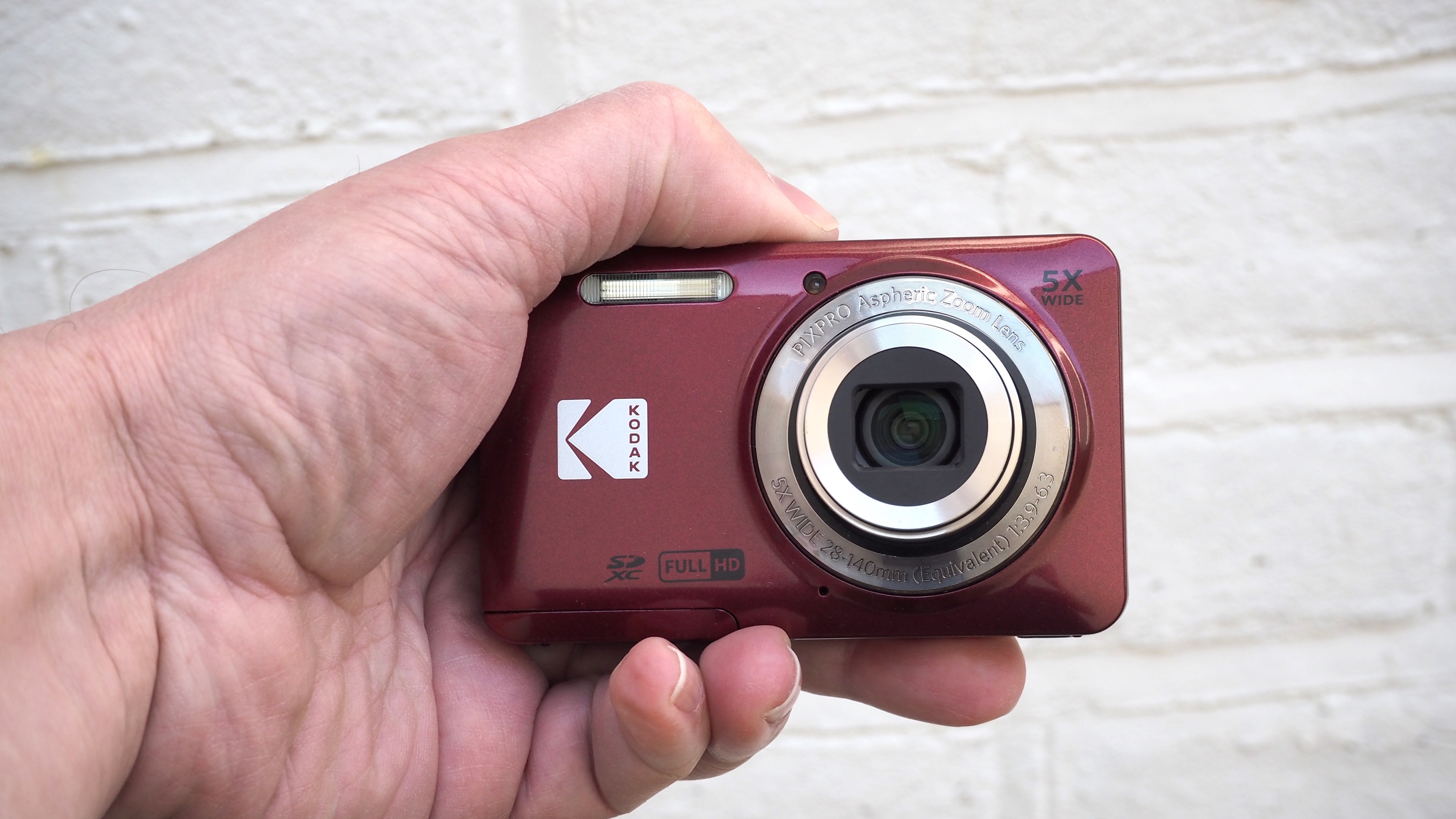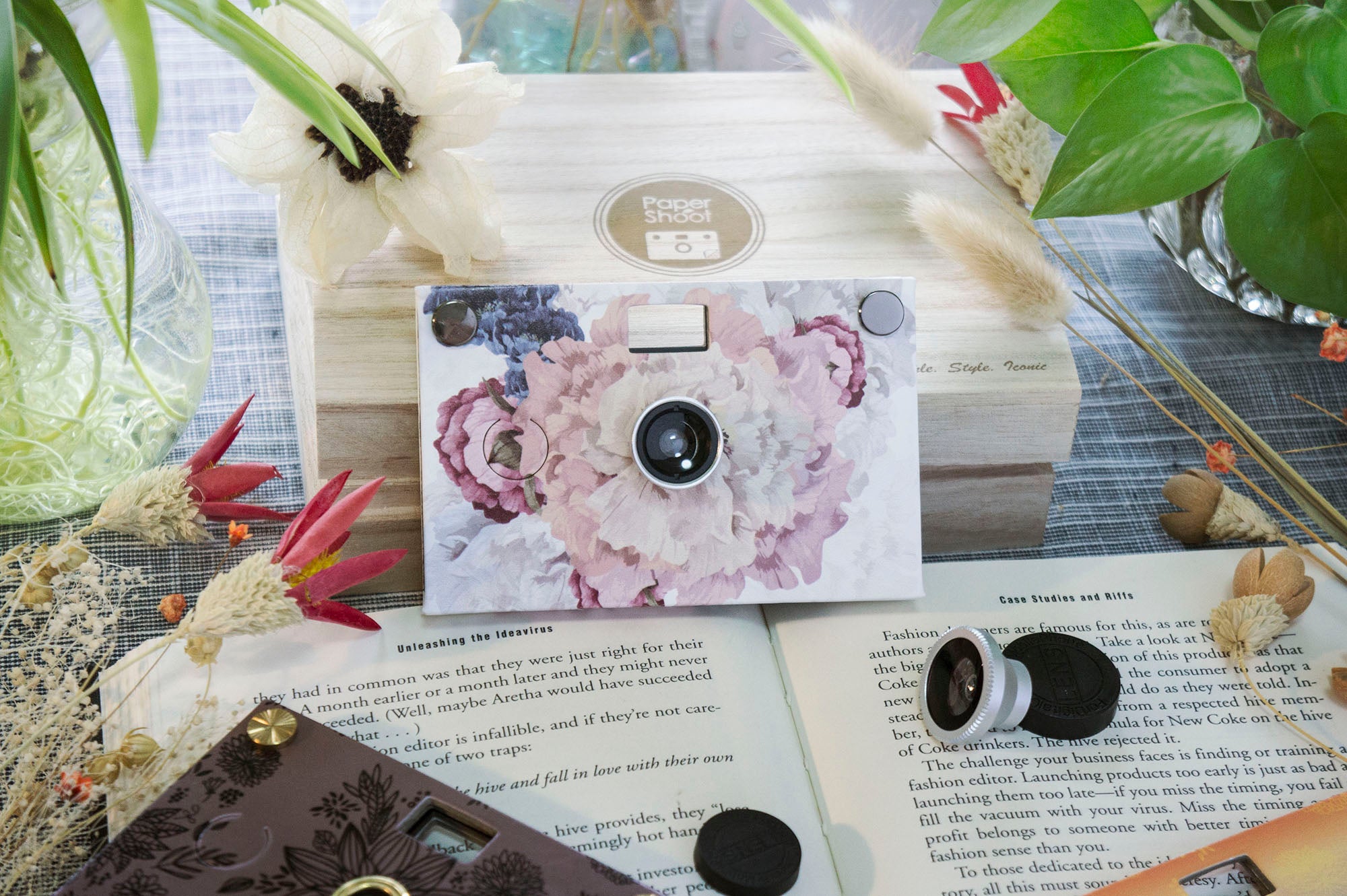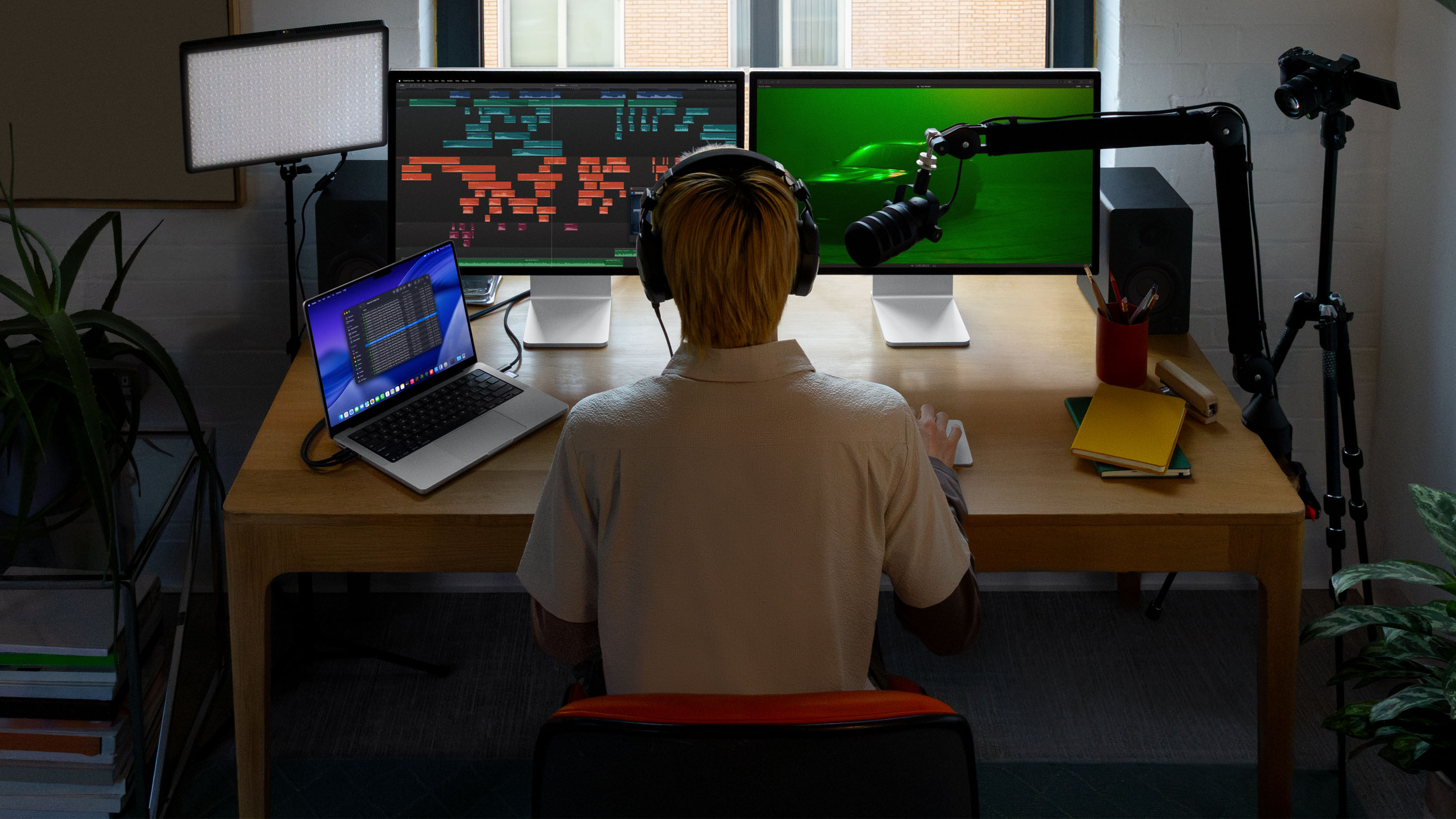The best camera under $200: cheap cameras with a bit more power
The best camera under $200 includes digital compacts, hybrids and tough waterproof cameras
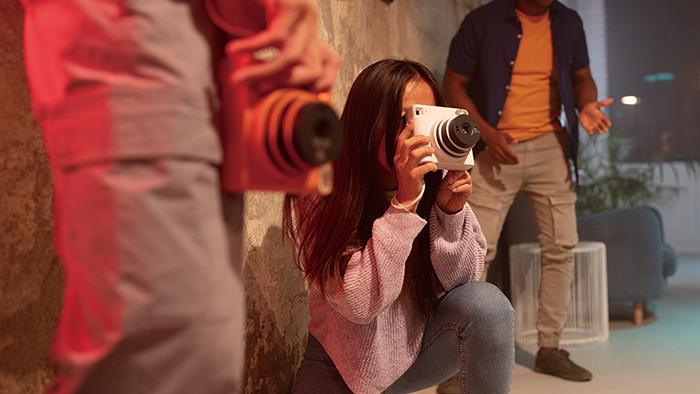
The best cameras under $200... do such things even exist? Absolutely – even in the modern era of rising prices and steep tariffs, there are bargains to be had in the photo and video worlds, and you can absolutely get a quality camera on this budget, as long as you understand that there are compromises to be made.
I've compiled this list of the best sub-$200 cameras that the DCW has reviewed, and it's an interesting assortment of different types. There are digital compacts with varying levels of zoom lens, but also instant film cameras, 360-degree action cameras, and waterproof tough cameras that are great for trips. Each comes with its own pros and cons, and you can click through each entry to read our full reviews, with samples images.
Ultimately though, I've only included cameras on this list that I feel are capable of taking great pictures – and everything here can do just that. Though if you're looking for an even cheaper camera, we've also got a guide to the best cameras under $100.

Matthew Richards is a photographer and journalist who has spent years using and reviewing all manner of photo gear. He is Digital Camera World's principal lens reviewer, and is also an encyclopedia when it comes to all manner of cameras, camera holsters and bags, flashguns, tripods and heads, printers, papers and inks, and just about anything imaging-related.
The quick list
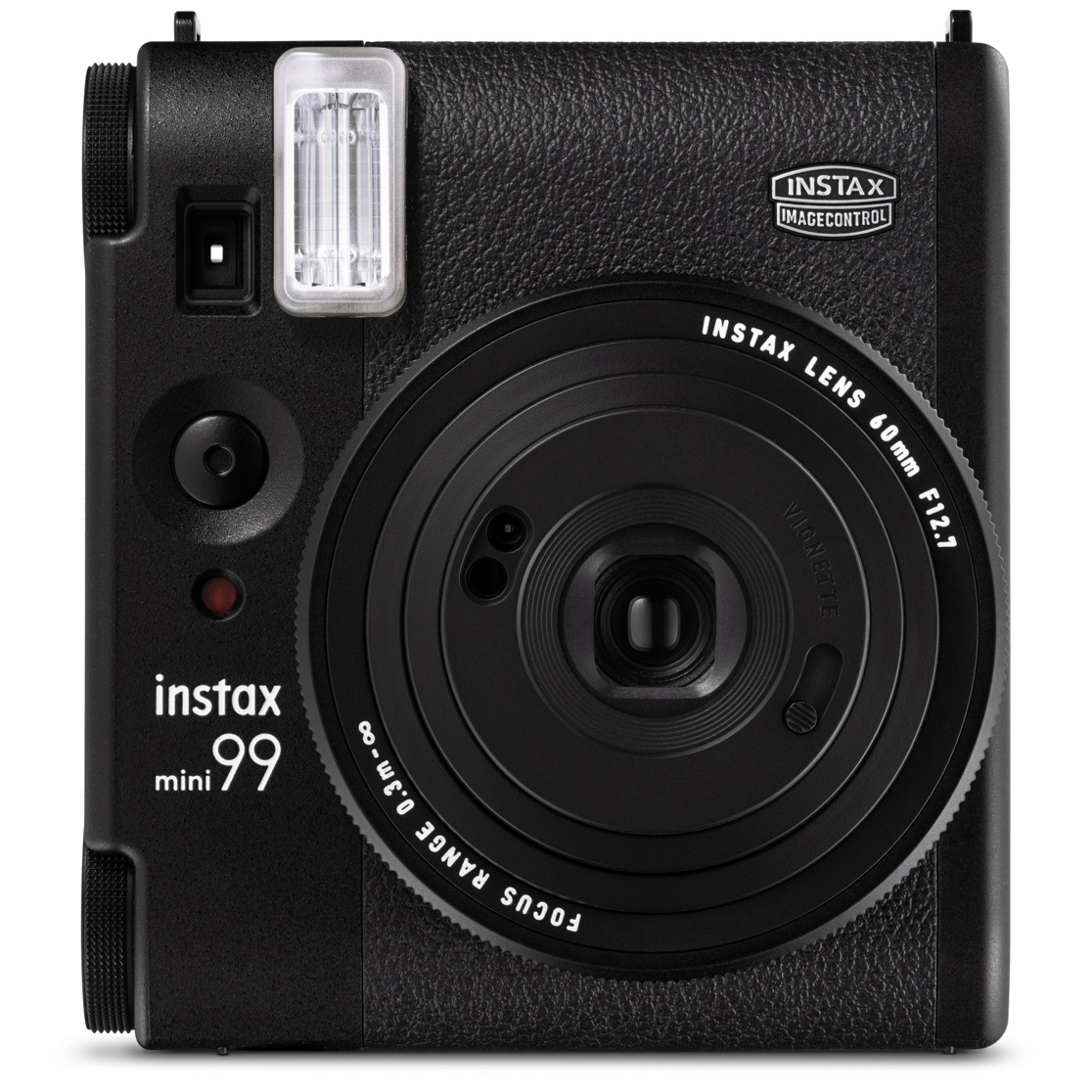
While instant film is an ongoing cost, instant film cameras can be picked up very cheap, and are a brilliant option for photography beginners. The Instax mini 99 offers a bit more depth of control.
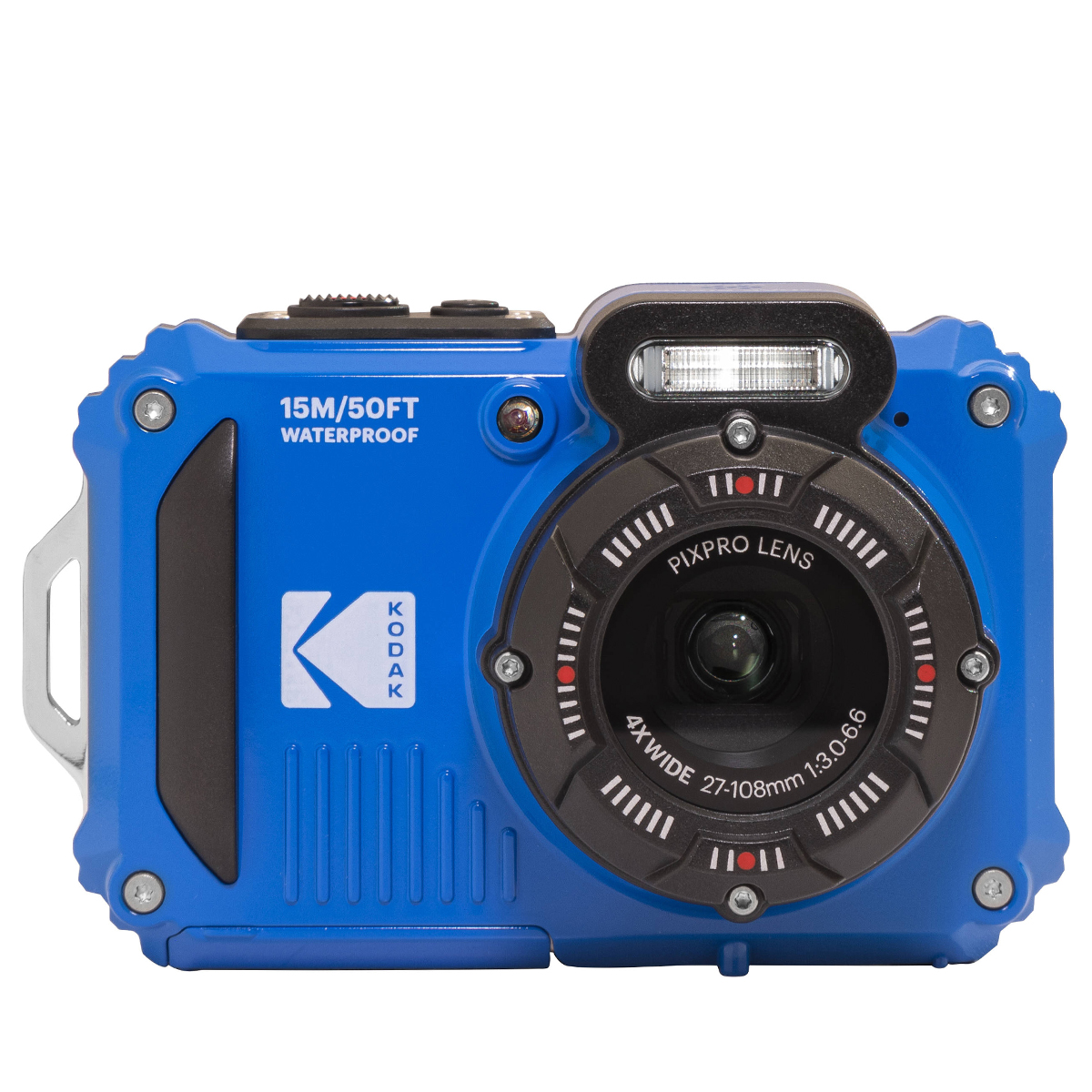
For vacations and days out with the kids, this cheap tough compact camera is an excellent choice. It'll survive being dunked down to 15m, and has a 4x optical zoom lens.
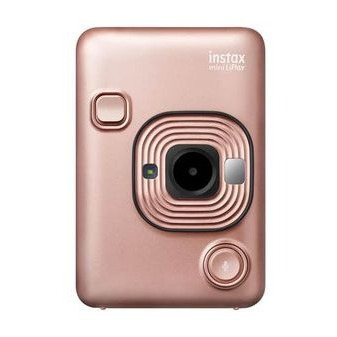
Another clever instant print camera from Instax, this hybrid model also saves a digital copy. Connect it to your phone and you can add creative effects like frames and stickers.
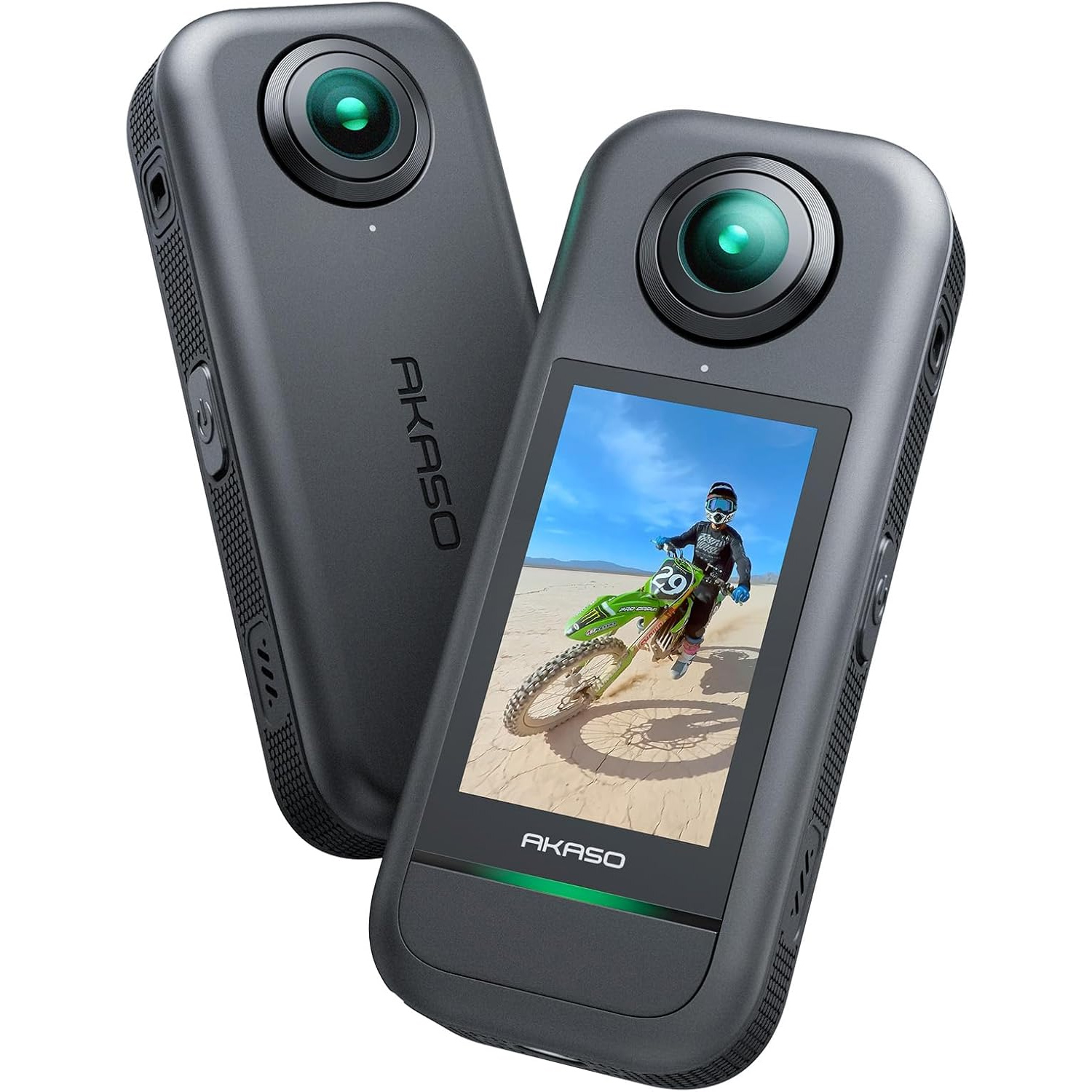
For creating immersive 360-degree imagery, the Akaso 360 is your budget buy. It's easy to use, it produces images with pop, and the free software and app make it easy to work with 360-degree content.
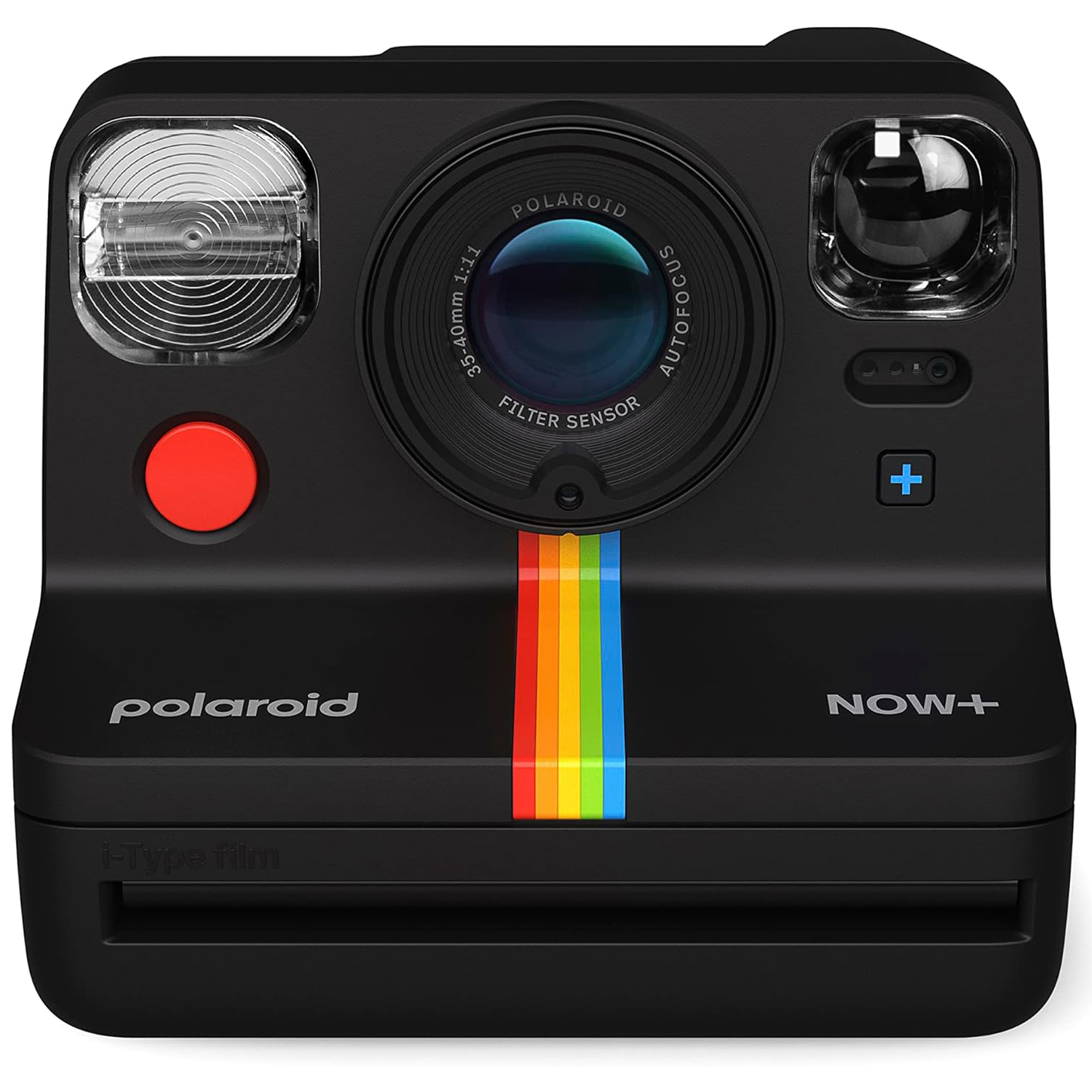
While you do have to once again contend with the ongoing film cost, Polaroid's brilliantly portable Now+ Gen 2 camera produces prints full of depth and character, with excellent creative app integration.
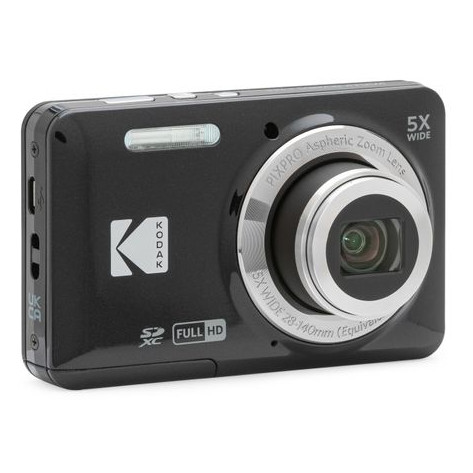
For simple digital photography, you can't go wrong with the highly affordable Kodak PIXPRO FZ55. It's not a flashy camera (though it does have a flash), but it does the job well.
Load the next products ↴
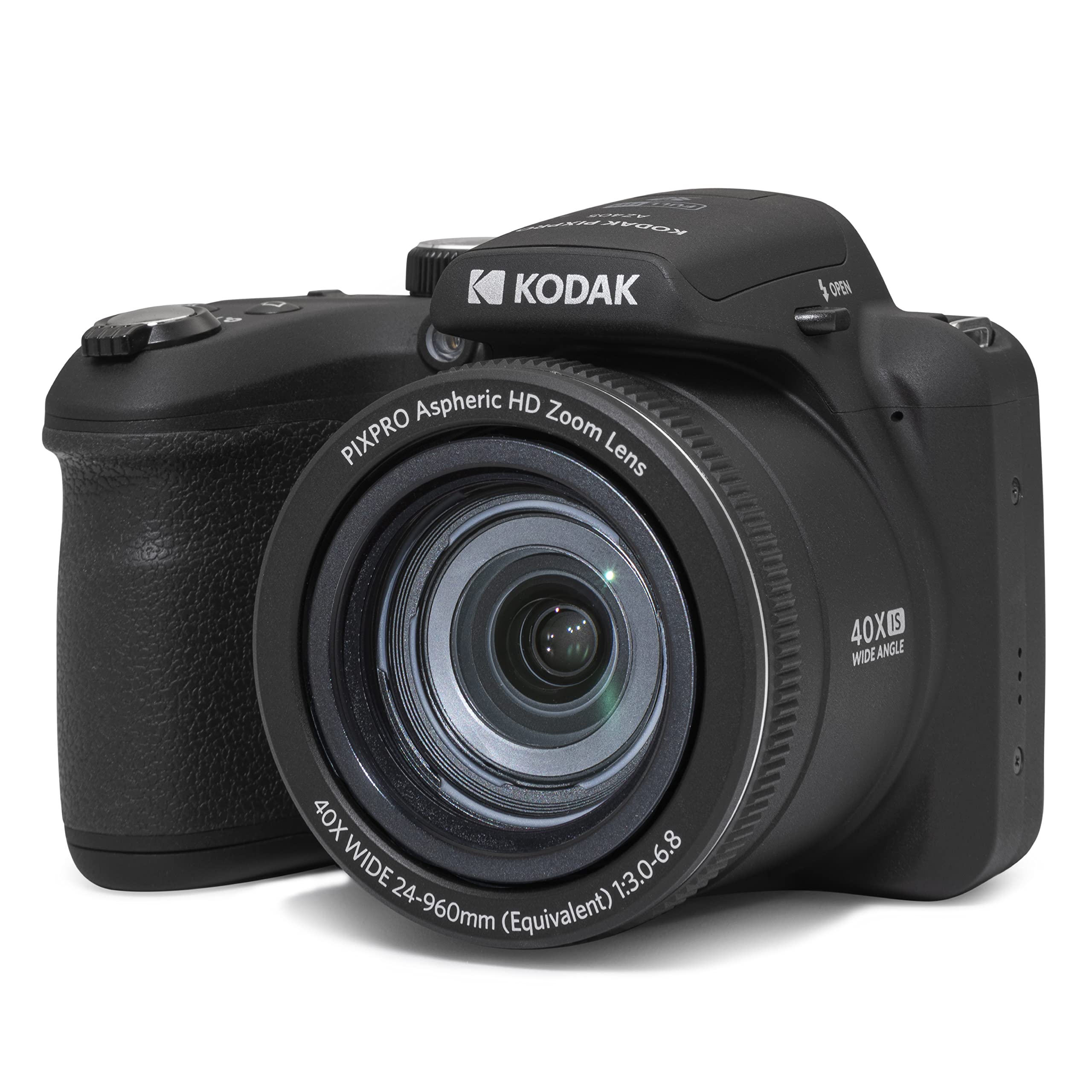
If you're looking for big zoom versatility, Kodak's PixPro range has you covered with the AZ405 bridge camera. With a chunky grip and portable dimensions, it's great for travel, though it suffers in low light.
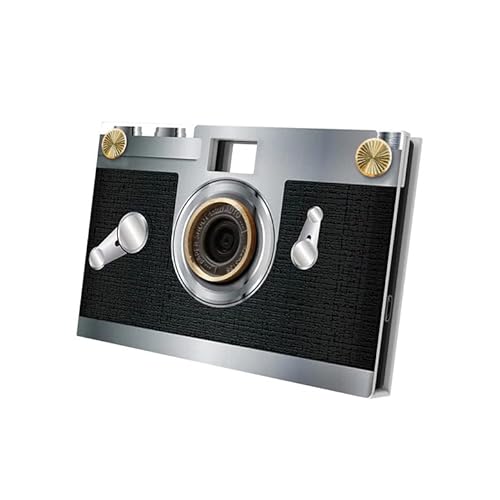
While it's a bit gimmicky, the Paper Shoot camera is a charming thing in its own way, producing unpredictable results. It's made of eco-friendly materials too, in a range of designs.
The best cameras under $200
Why you can trust Digital Camera World
Best Instax
Specifications
Reasons to buy
Reasons to avoid
While you do have to factor in the ongoing cost of film, instant cameras are a great source of cheap photographic fun. Instax mini film is cheaper to buy than Polaroid, and the little prints are great for scrapbooks, pinboards, fridge magnets and frames. The Fujifilm Instax mini 99 is my pick of the Instax range, coming in under our $200 budget, but offering a more sophisticated degree of control than many of its stablemates.
Many Instax cameras are fixed-focus point and shoot affairs, so the Instax Mini 99 marks itself out by offering things like a zone focus system, allowing you to switch modes depending on the distance between camera and subject. There's also a top dial that allows for exposure control – it's fairly rudimentary, but is still more than offered by most other Instax cameras, and can help rein in those blown-out bright pictures that Instax cameras are a little predisposed to producing. What also helps in this regard – you can turn off the flash!
The Instax mini 99 looks and feels a lot more like a proper camera than many of its brightly colored siblings, and strikes a pleasing balance between knockabout fun and photographic flexibility.
See our full Fujifilm Instax mini 99 review for more
Best waterproof
Specifications
Reasons to buy
Reasons to avoid
Looking for a cheap camera to take on vacation? The Kodak PixPro WPZ2 is a superb choice – dustproof, shockproof and waterproof down to depths of up to 15m. It's ideal for family vacations and days at the beach, as kids can drop it, throw it and dunk it and it'll still keep on taking pictures. While the sensor is a fairly small 1/2.3-inch type (similar to that you'd find in a smartphone), the optical zoom lens covers an equivalent range of 27-108mm, which gives you plenty of versatility in your compositions.
The Kodak PIXPRO WPZ2 is extremely no-frills, with little settings control to speak of, and a package so basic it doesn't even include a mains plug for charging. It isn't fancy, but it'll get the job done – what more could you ask of a sub-$200 camera?
Read our full Kodak PixPro WPZ2 review
Best instant print
Specifications
Reasons to buy
Reasons to avoid
Not only can you take photos using the Instax Hybrid Mini LiPlay but it can also print photos from your phone. Small enough to fit in your pocket its compact design makes it perfect for having on you at all times. Featuring an LCD screen and a selfie mirror on the front so you can make sure you're looking your best, Fujifilm really has thought of it all. Connect it to the LiPlay app on your phone so you can edit your photos and add things such as colored frames or apply a filter for a bit of fun.
When we put the Instax mini LiPlay to the test in our full review, we came away impressed – the quality isn't amazing, but it's good enough to make for decent-looking prints. Even though the photos print out onto Instax Mini film, you can also choose to just keep the pictures stored on a micro SD card. Choose from Blush Gold, Elegant Black, or Stone White, depending on your style, and it's time to get snapping. It has a rechargeable battery, a built-in flash and three shortcut buttons so you can save your favorite settings.
It's also worth noting that since we reviewed the LiPlay. Fujifilm has brought out a slightly refreshed version, mostly just to add a few new colorways and USB-C charging, though the process of downloading firmware updates has also been updated.
See our full Instax mini LiPlay review
Best 360° camera
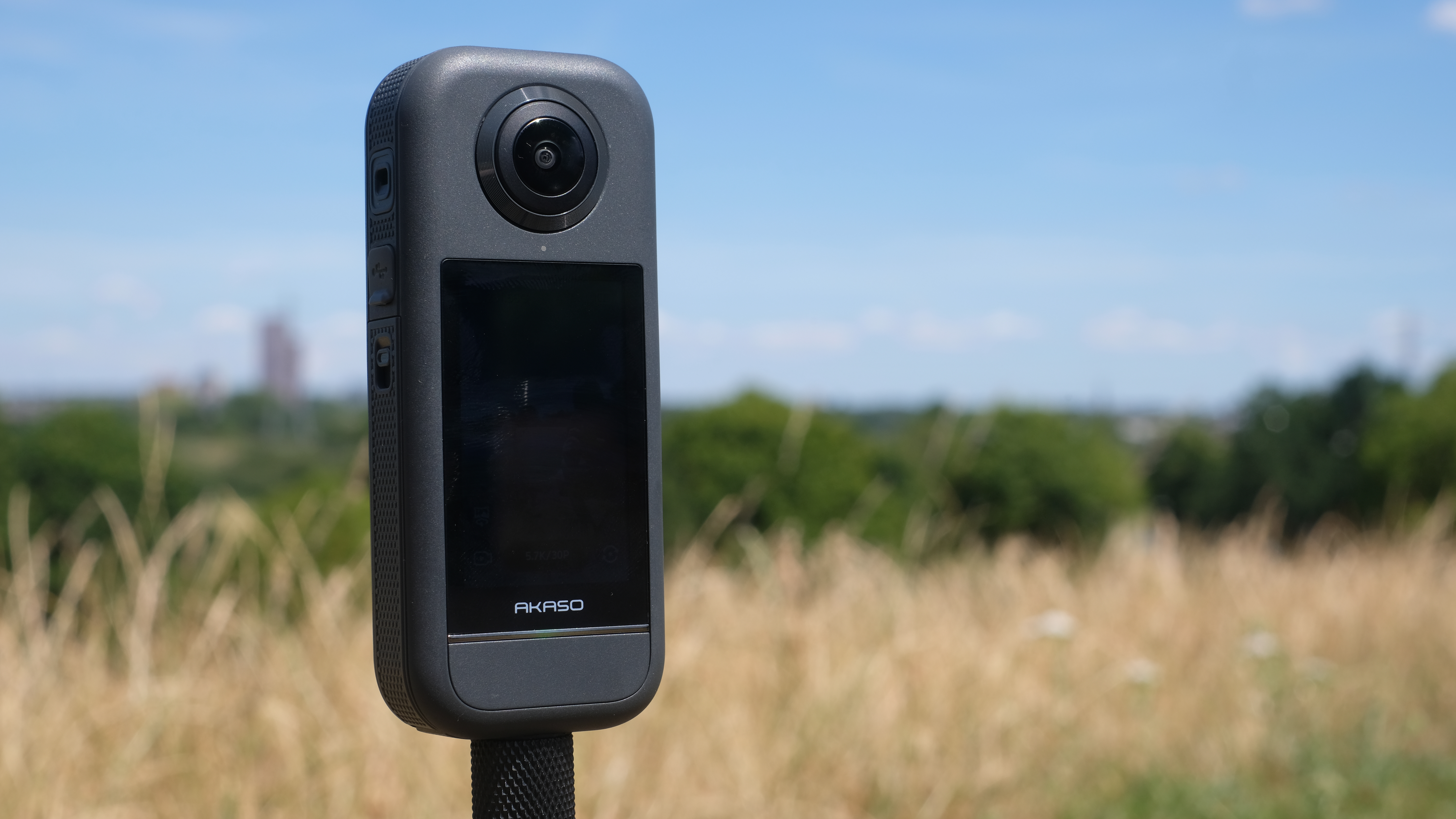
Specifications
Reasons to buy
Reasons to avoid
If you've always liked the look of 360-degree cameras, but prices have made it a non-starter, the Akaso 360 might be just what you're looking for. A budget-friendly little camera that apes the success of Insta360's models, it allows you to capture fully immersive and navigable images and video in 360 degrees, which you can then reframe to your heart's content, pulling standard-format stills and videos of the most interesting parts.
In our review, I found that while the Akaso 360 isn't going to win any awards for image quality, it does a decent job of producing punchy and colorful shots right out of camera. The built-in stabilization actually works really well, to the point where walking footage has a remarkable smoothness to it, and Akaso's own app and editing software make it easy to process, edit and share your creations.
Build-wise, despite billing itself as an action camera, the Akaso 360 isn't waterproof – for that, you need something like a GoPro Max. Most of my annoyances with it in the review process were small things, like the touchscreen functionality being unreliable. For less than $200, this camera delivers a solid shooting experience, and something that's markedly different from the other options on this list.
Read our full Akaso 360 review for more.
Best Polaroid
Specifications
Reasons to buy
Reasons to avoid
The Polaroid Now+ Generation 2 is a very minor refresh of one of our favorite instant cameras ever made, the Polaroid Now+. Offering creative tools like lens filters and an aperture priority shooting mode, it beats the point-and-shoot Instax cameras hands-down in terms of its creative potential. Controls are simple and well laid-out, and the quality of prints it produces are absolutely top-notch. The app-based functionality is excellent too, allowing you to trigger the camera remotely.
As mentioned, the Generation 2 really was a very minor update, mostly just to add USB-C connectivity rather than micro USB – which, fair play, is a much sturdier and faster connection. It also comes with a selection of physical colored lens filters, allowing you to add a distinctive hue to your image.
While the Instax Mini 11 does have it beaten on price, we definitely prefer the full-size square prints that Polaroid delivers. And much as we love the Instax line, when you're shooting old-school instant film, there's nothing quite like the tactility of holding a big, boxy Polaroid.
In March 2025, we saw the arrival of the Polaroid Generation 3 line, and with it a new version of the Now+ promising better focus precision and a more accurate light meter. We haven't taken it for a full test yet, but will update this guide when we have – and in the meantime, prices have come down on the Generation 2 cameras, making them an even more tempting proposition for budget-conscious photographers.
We've also recently seen the brilliant Polaroid Flip, which apes the old generation of Polaroid cameras with a chunky flip-up flash, as well as offering some of the most in-depth control we've seen on an instant camera. However, with prices starting at $220 even before you add any film, it's a little out of our price range for this guide.
See our full Polaroid Now+ Gen 2 review
Best digital point-and-shoot
Specifications
Reasons to buy
Reasons to avoid
This no-nonsense, pocket-sized point-and-shoot is perfect for beginners or anyone looking for a phone camera upgrade. It features a 16.15-megapixel 1/2.3-inch sensor so you won't be able to print your images very big but they're still perfect for sharing on social media. It has a zoom range equivalent to 28-140mm on a full-frame camera and a 6x digital zoom if you need to get that little bit closer. One of the downsides is it doesn't come with a viewfinder and the screen is hard to see on a sunny day but otherwise, it's a great buy for the price. Unlike the slightly cheaper Kodak FZ45, this model has the advantage of a built-in rechargeable batter to reduce the running costs.
See our full Kodak PixPro FZ55 review
Best for zoom
Specifications
Reasons to buy
Reasons to avoid
The Kodak PixPro AZ405 is not going to win any awards for image quality – however, in terms of zoom on the dollar, it's a hard camera to beat. A bridge-style camera with a big superzoom on the front, the PixPro AZ405 is capable of covering a whopping focal range equivalent of 24-960mm, from wide to super-telephoto. You would definitely struggle to get that kind of coverage elsewhere for as little as $179, which is this camera's current asking price.
It probably won't surprise you to learn that some pretty serious compromises have been made in order for this to be possible. The Kodak PixPro AZ405 uses a 1/2.30-inch CMOS sensor, which is smaller than you'd find in many smartphones. As we found in our review, it holds up well in daytime, but as soon as light levels get low, the quality starts to drop drastically. There's also no viewfinder and no rechargeable battery, with the AZ405 instead relying on common AAs.
However, as a bridge camera the PixPro AZ405 is pretty unmatched at this price, and if you want a new superzoom for less than $200, this is your best bet.
See our full Kodak PixPro AZ405 review
Best eco-friendly
Specifications
Reasons to buy
Reasons to avoid
Let's begin by saying, the Paper Shoot camera is definitely something you would buy as a bit of fun rather than a camera to take serious photos on. The first thing you'll notice is that it's devoid of almost everything you would want in a compact camera — the ability to zoom, a built-in flash and it doesn't have a viewfinder. That being said, all those things sort of add to its strange charm, it makes picture taking more risky and maybe that's exciting. It comes in a range of designs from beautiful floral patterns as pictured to a more classic looking analog design.
You'll have to get an SD card and rechargeable AAA batteries separately and we would recommend getting rechargeable ones over standard AAA batteries as they last so much longer.
See our full Paper Shoot Paper review
How to choose the best cameras under $200
If you're buying the best camera under $200, you're going to need to be realistic about what you're going to get. At this price, you're not going to get super-fast burst rates, ultra-high sensor resolution or the latest high-speed autofocus tech. But what you can get is a capable camera that works well, and maybe even offers a few unique features of its own.
You're not going to get an interchangeable-lens camera new of the shelf with this kind of budget. You're looking at either a digital compact or an instant film camera, each of which comes with its own advantages and drawbacks. Instant film cameras are great fun, producing physical prints of photos that can be displayed, shared or simply kept safe. However, naturally the film comes with an ongoing cost. Digital compacts can shoot and shoot for as long as the storage media has space – but at this price, the quality is going to be fairly average.
Depending on what you're looking for, you may be able to find a camera that specialises in a particular niche — one with a long zoom, or with waterproofing. Bear in mind that the cameras we've picked for this list are all ones you can buy new and still stay within the $200 limit. Buying used is also a great way to save money, and you can check out our guide to the best used cameras for some tips.
How we test cameras
For compact cameras and instant film cameras, we judge real-world handling and photographic results alone. We also take price into consideration when making our judgements – we don't hold a $200 point-and-shoot to the same high standards as a $5,000 professional mirrorless camera. We assess each camera on its own terms in order to assess whether it provides you with genuine value for money.
Read more:
Best cameras under $100
Best cameras under $500
Best burner phones
Best budget action cameras
Best cameras for kids
The best camera deals, reviews, product advice, and unmissable photography news, direct to your inbox!
Matthew Richards is a photographer and journalist who has spent years using and reviewing all manner of photo gear. He is Digital Camera World's principal lens reviewer – and has tested more primes and zooms than most people have had hot dinners!
His expertise with equipment doesn’t end there, though. He is also an encyclopedia when it comes to all manner of cameras, camera holsters and bags, flashguns, tripods and heads, printers, papers and inks, and just about anything imaging-related.
In an earlier life he was a broadcast engineer at the BBC, as well as a former editor of PC Guide.
